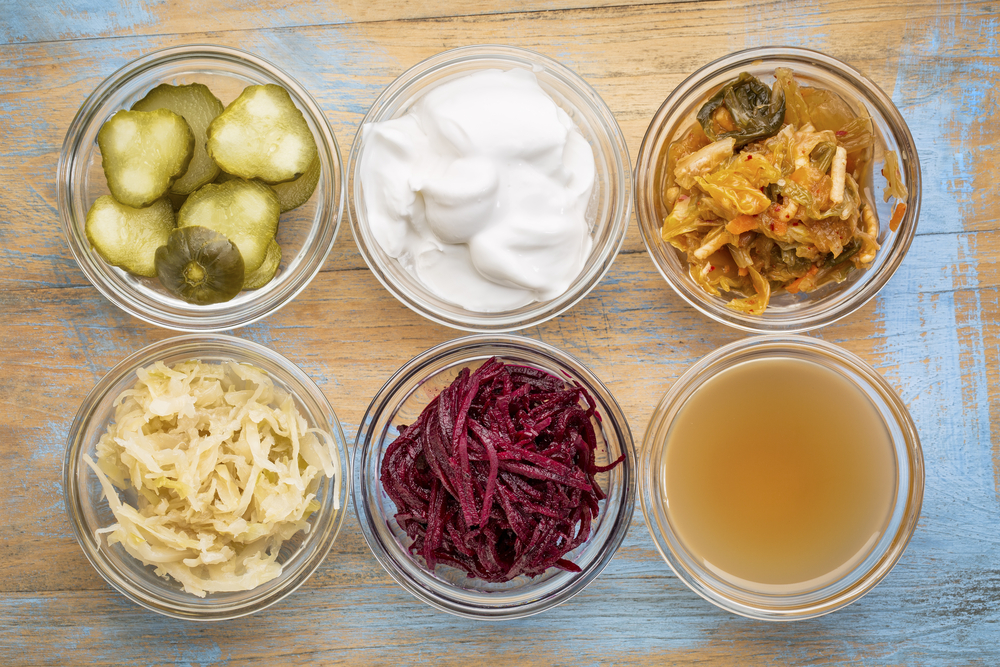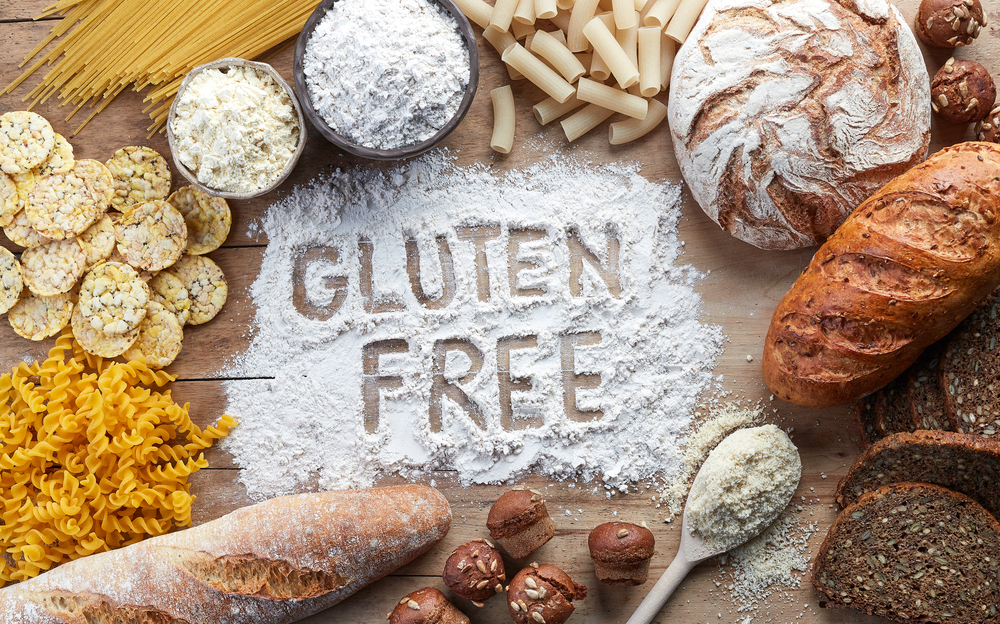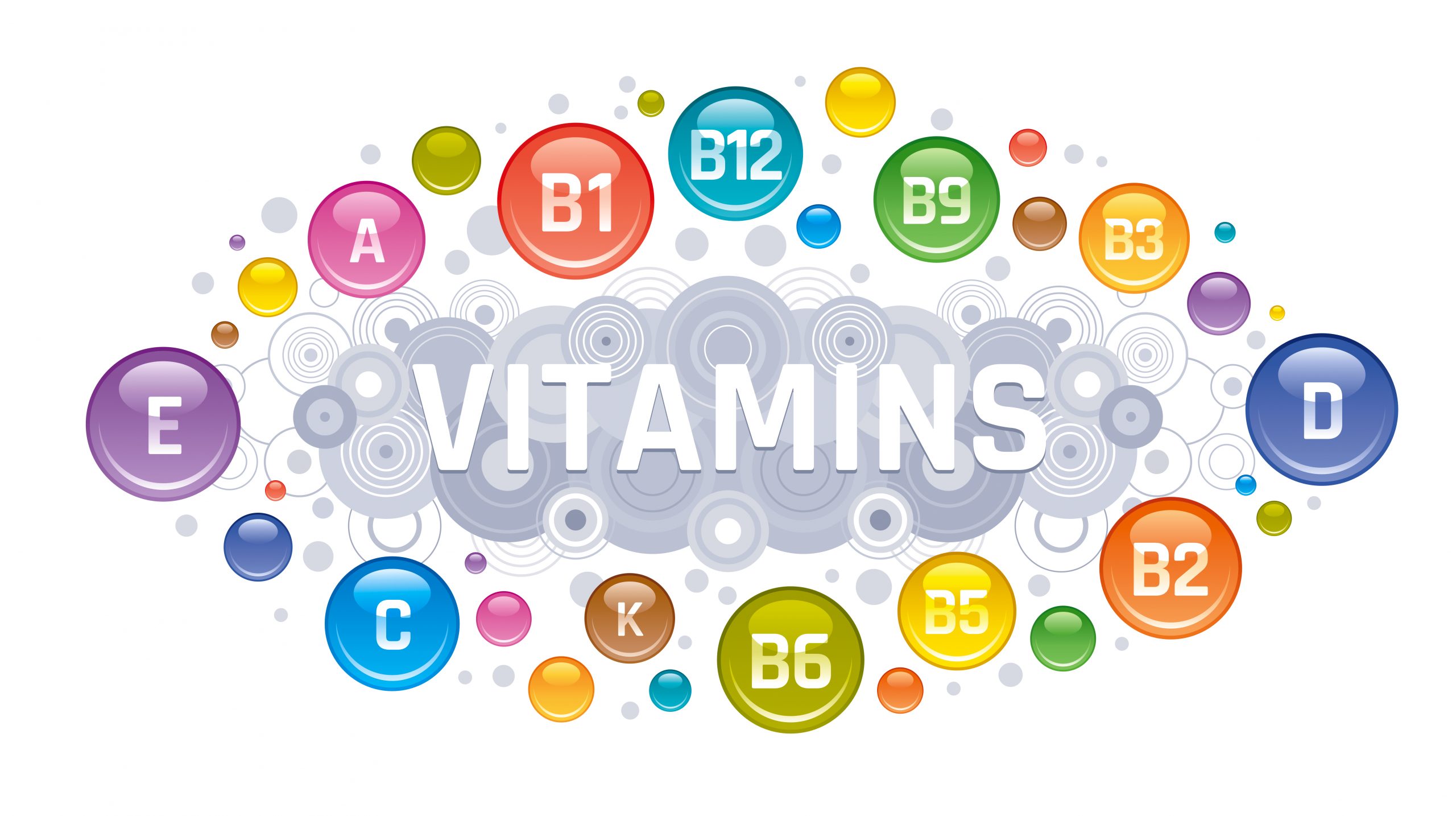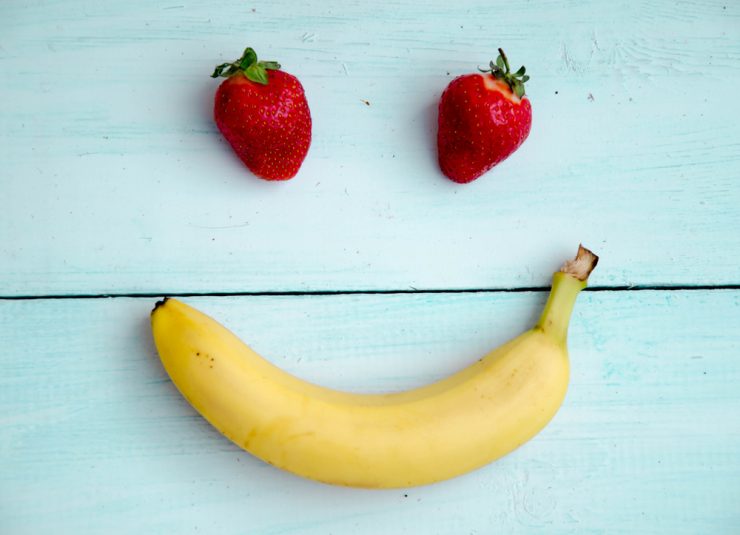“I’m in my mid-thirties, have always eaten reasonably well (although it’s not perfect!), but I’m finding my anxiety levels are heightened, for no particular reason, and my mood is often low. I’m reading lots of information on social media, but I’m really confused as to what might work for me and whether changes to my diet could help. What would you recommend?”
Clinical Nutritionist, Suzie Sawyer, answers:
Thank you for your question, and I’m sorry to hear that you’re struggling. Unfortunately, it’s an all-too-common problem currently, but there are some ways that diet can hopefully help.
Gut Health

From a nutritional perspective, there is plenty that can be actioned to support emotional wellbeing. And much of this starts in the gut. We always refer to the gut as being the ‘second brain’ which means what we eat has a direct correlation on how we feel.
The gut contains probiotics, often referred to as friendly bacteria. Foods containing probiotics include natural yoghurt, miso, kefir, kimchi, cheese, sauerkraut and kombucha. These may not all be foods you are currently eating, but they can easily be incorporated into the diet: some natural yoghurt with breakfast, miso soup for lunch, a drink containing kombucha or some cheese, especially Swiss and Gouda, which many people love to eat anyway.
The importance of Omega 3s

The brain is packed with omega-3 fats which we find primarily in oily fish, such as salmon, mackerel, sardines, and herring, flaxseeds, and walnuts. Omega-s 3s can’t be made in the body, therefore must be eaten in the diet. Include some of these foods at least three times per week to really feed the brain.
Minimise gluten

Interestingly, we know from plenty of research that gluten found in wheat, oats, barley, and rye can really affect mental wellbeing in people who are sensitive to gluten. You may not necessarily have any digestive problems, but gluten can still be causing issues. I would recommend removing gluten from your diet completely, for a couple of months. January is often a good time to be ‘cleaning up’ the diet. There are plenty or gluten-free alternatives in the supermarkets: just avoid those that contain a lot of sugar (continue reading for why).
Reduce sugar

On the subject of sugar, this can cause all kinds of emotional havoc. Too much sugar in the diet can really knock energy, mental wellbeing, and key nutrients sideways. Therefore, why not do an overhaul of how much you’re consuming?
Sugar can be found in many different forms. In processed foods, it’s often used as maltodextrin. To support better mental wellbeing, it’s also key to balance sugar levels in the blood, which will help avoid energy and mood dips. Eat protein in some form at every meal (choose from meat, dairy, eggs, nuts, beans, pulses, poultry and fish) and try to keep to regular mealtimes. Even if you’re doing a longer fast overnight, then make sure the meals you eat for the rest of the day are enjoyed at much the same time over the week.
Consider a high-quality multivitamin

Finally, the brain needs a wide range of nutrients, especially B vitamins and the mineral zinc, which both help produce those all-important brain neurotransmitters. This includes our ‘happy hormone, serotonin. Eating a varied diet containing plenty of whole grains will provide some of these nutrients, but I would also recommend taking a high potency, quality multivitamin and mineral formulation to plug any gaps, and to better support brain and body health. I recommend the Alive! range of multivitamins.
























Add comment